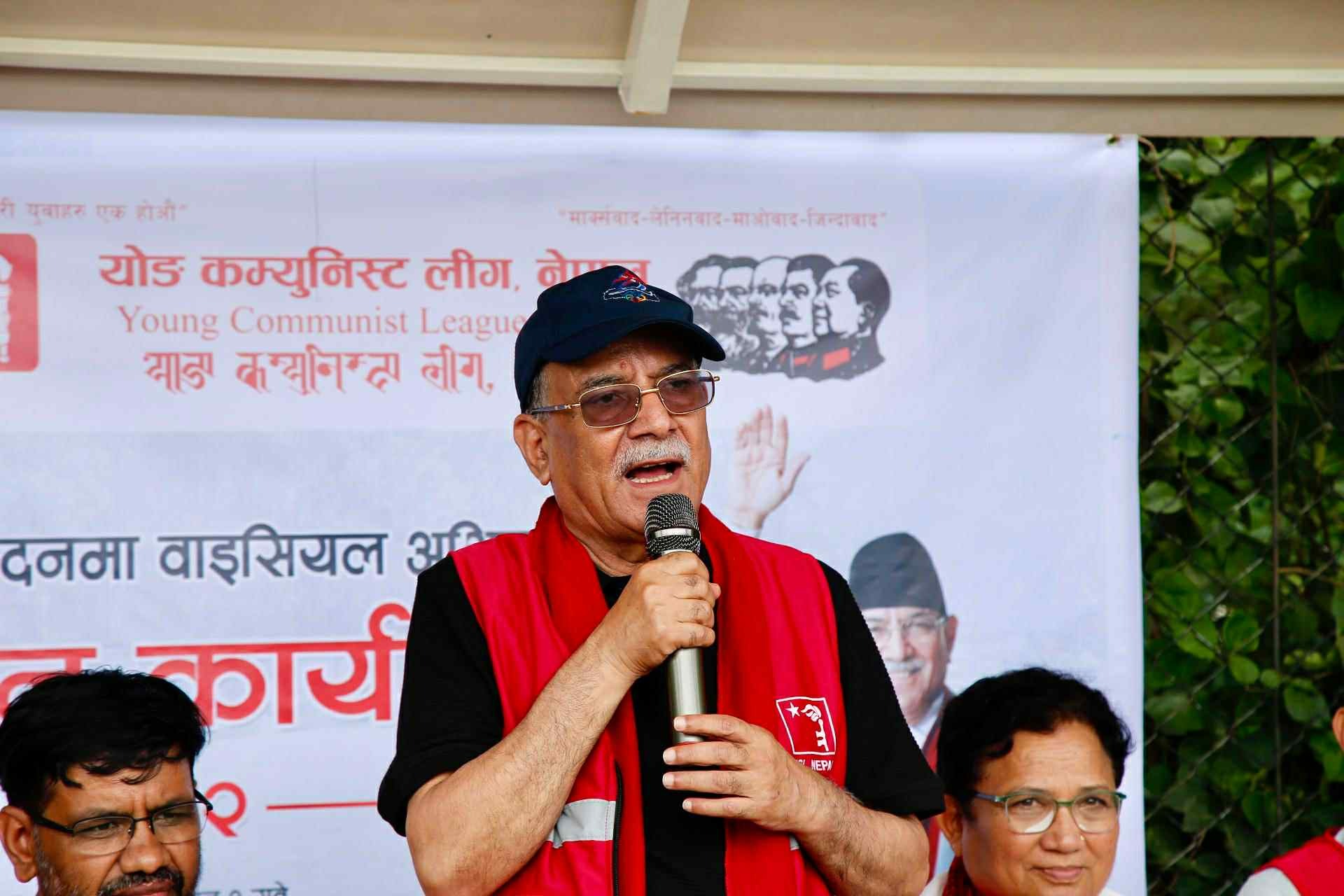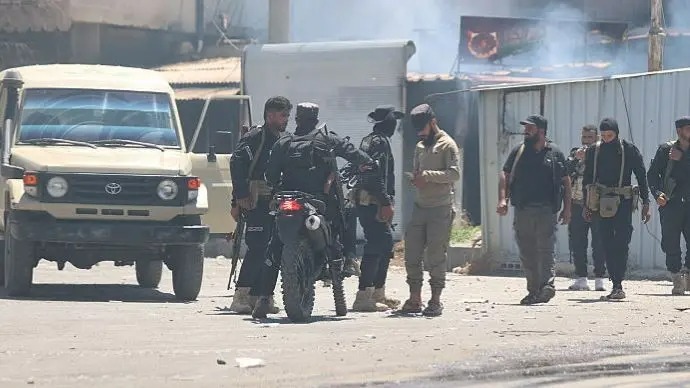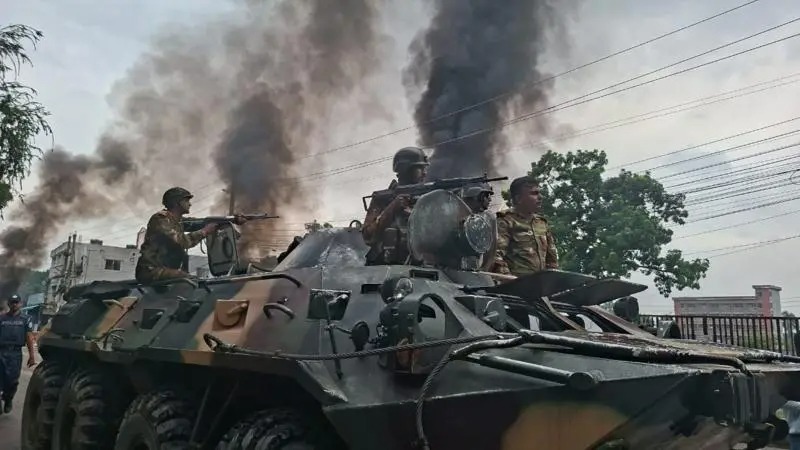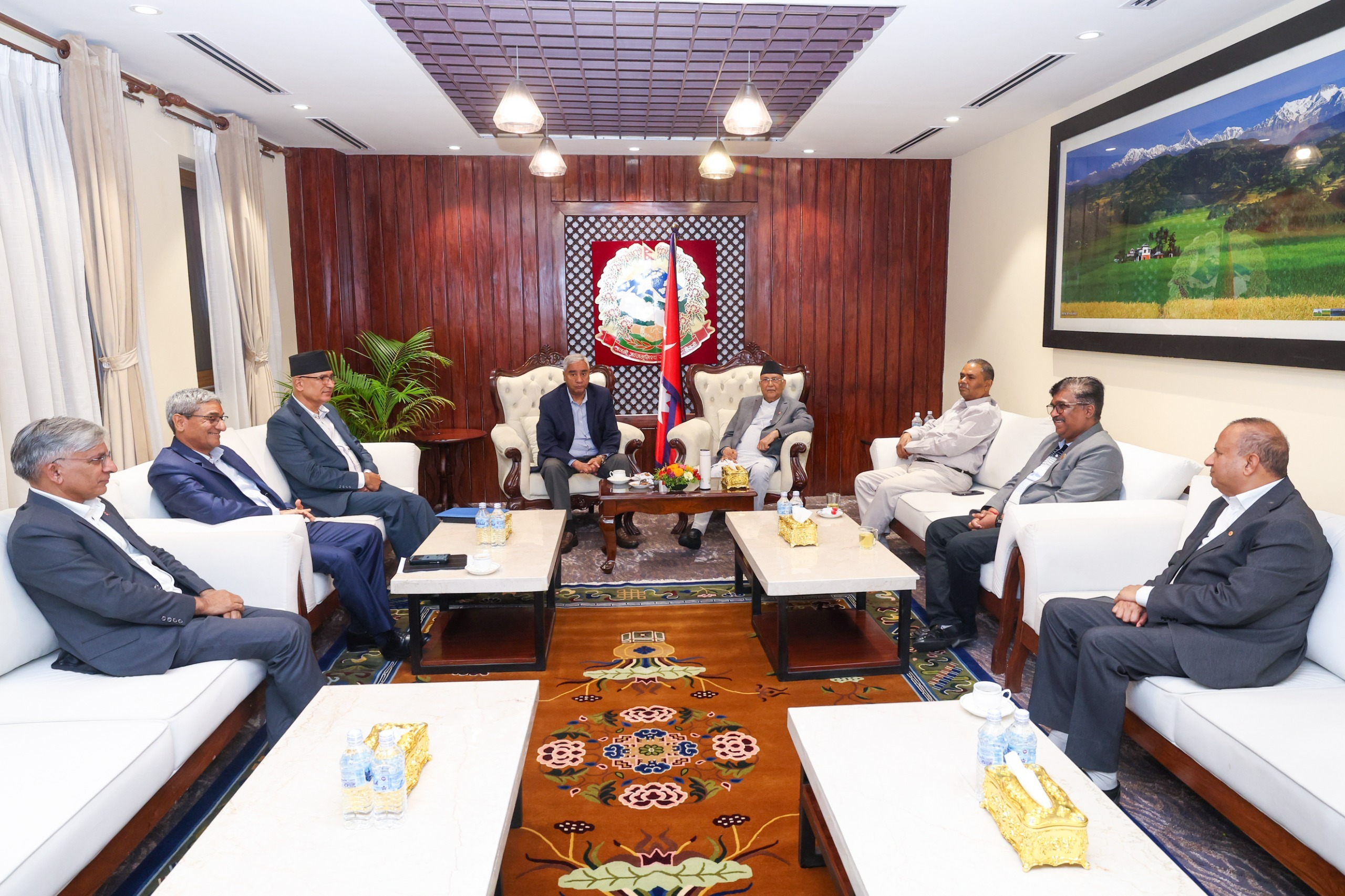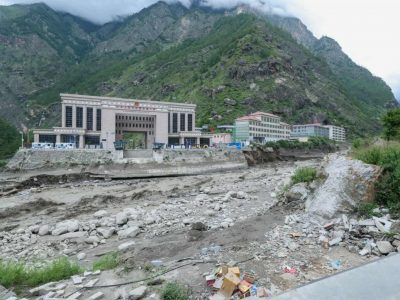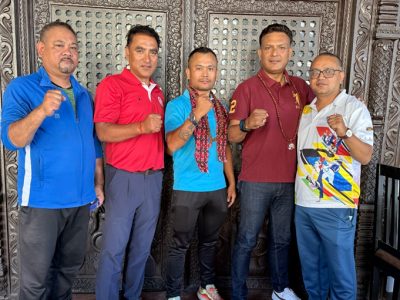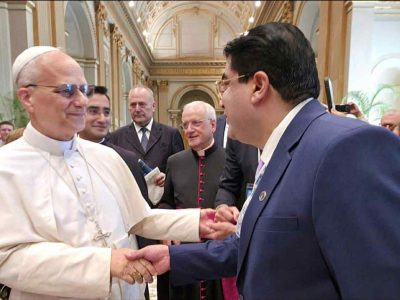Wealth and Poverty: Unpacking Disparities, Political Influence, and Control

This essay explores the intricate relationship between the wealthy elite and the impoverished, focusing on the disparities and consequences that arise from this dynamic. It examines the consequences of political influence, including the promotion of pro-elite policies and the neglect of social welfare. Additionally, it delves into philanthropic control, shedding light on the potential drawbacks of dependence, influence, and social fragmentation.
The Strategic Necessity of Sustaining Poverty for the Rich and Powerful
The global socioeconomic landscape is intricately woven, with a fundamental truth being that the poor often serve as the source of the prosperity of the wealthy. This dynamic is particularly evident in economic systems where the labor and resources of the less privileged contribute significantly to the accumulation of wealth among the affluent. It’s a stark reality that in many industries, low-wage labor and resource extraction from economically disadvantaged regions are essential components of the wealth-building process.
Moreover, the poor constitute a substantial portion of the world’s population and are, in fact, the main consumers in the world. Their consumption patterns may differ from those of the rich, but collectively, their purchasing power plays a pivotal role in driving global markets. This underscores the economic interdependence between various socioeconomic strata. In essence, the consumption habits of the poor not only sustain their livelihoods but also have a ripple effect on the global economy.
However, the presence of stark inequality is what keeps this complex system in motion. Economic and social inequality, fueled by various factors such as unequal access to education, healthcare, and economic opportunities, acts as the glue that binds this global socioeconomic structure. The wealth of the few is often built on the disadvantaged labor and consumption of the many. Inequality, in this sense, is a driving force behind the world’s economic machinery, making it a difficult issue to resolve.
This leads to a disheartening realization: there is a lack of genuine desire to address the root causes of global crises, including poverty and inequality. The political and social will to tackle these deep-seated issues is often insufficient. Many governments and institutions pay lip service to addressing these problems, but meaningful and lasting solutions remain elusive. This reluctance can be attributed to a variety of factors, including the vested interests of the powerful and the inertia of existing systems that perpetuate inequality.
The grim reality is that the world continues to grapple with social segregation, driven by economic disparities and a lack of decisive action.
Underdevelopment: A Dual Reality – Challenges for the Impoverished, Opportunities for the Wealthy
The intricate and symbiotic relationship between poverty and wealth is a fundamental aspect of our global socioeconomic landscape. It is a complex dynamic in which poverty often acts as the base upon which the wealthy can build and amass even greater fortunes. This relationship becomes particularly evident and pronounced in regions marked by underdevelopment, where economic disparities are glaring and opportunities for wealth accumulation through exploitation are abundant.
In underdeveloped areas, the lack of essential infrastructure, limited access to quality education, and a dearth of economic opportunities create a fertile ground for the affluent to expand their financial empires. The absence of robust regulations and protections for vulnerable populations often allows the wealthy to extract resources and labor from these regions at minimal cost, thereby boosting their profits. This exploitation of the economic vulnerabilities of underdeveloped regions highlights how poverty can inadvertently fuel the wealth of those in power.
The disparities between the impoverished and the wealthy are most starkly highlighted in such settings, where the gap between haves and have-nots is glaringly evident. These disparities are not merely a reflection of economic inequalities but also serve as a testament to the systemic issues that perpetuate them. While underdevelopment poses significant challenges for the impoverished, it paradoxically presents opportunities for the wealthy to exploit these disparities for their financial gain.
In essence, the intricate interplay between poverty and wealth in underdeveloped regions exemplifies the asymmetrical power dynamics that persist in our world. It underscores the harsh reality that the accumulation of wealth often depends on the exploitation of the economically disadvantaged. Addressing this deeply ingrained issue requires comprehensive efforts that go beyond surface-level solutions and instead tackle the root causes of poverty and inequality to foster a more equitable global socioeconomic structure.
Underdevelopment is a fertile ground for wealth accumulation
Underdeveloped areas, typically lacking in infrastructure, education, and economic opportunities, become fertile ground for wealth accumulation by those in power. The absence of regulations and a vulnerable workforce often allow the affluent to extract resources and labor from these regions at minimal cost, bolstering their profits. This exploitation is a stark example of how underdevelopment can become a source of income for the wealthy elite.
Impoverished Population Can Be Seen as A Showcase for The Wealthy Elite
In addition to serving as a source of income, the poor also play a crucial role in the political arena. The disenfranchised and economically disadvantaged often form a significant portion of the electorate. Politicians and political elites frequently rely on the votes of the poor to gain or maintain their positions of power. This reliance on the poor as a voting base can lead to policies and promises that cater to their needs during election campaigns, even if those commitments remain unfulfilled once the politicians are in office.
Furthermore, the impoverished population can be seen as a showcase for the wealthy elite. The stark contrast between their wealth and the dire living conditions of the poor can be exploited by the rich to generate sympathy, garner support, or even engage in philanthropic endeavors that, while beneficial to some extent, may not address the systemic issues at the root of poverty. This showcase effect can also serve as a means for the wealthy to enhance their public image and earn accolades, further solidifying their social standing.
The heritage of the rich often carries a heavy burden, one that is built upon the labor and, in some cases, the blood of the poor. The wealth and privilege passed down through generations frequently have their origins in historical exploitation and economic inequalities. This legacy underscore the enduring impact of poverty on the accumulation and preservation of wealth among the elite.
In this complex web of relationships, it becomes evident that, for the sake of the rich and powerful, the perpetuation of poverty can be seen as a strategic necessity. Poverty serves as a means for them to maintain their dominance, consolidate their wealth, and expand their power. Addressing poverty and its root causes would require a significant shift in the status quo, one that may not be in the immediate interest of those who benefit from the existing system. Consequently, the challenge of alleviating poverty and achieving greater social and economic equity is a multifaceted and deeply entrenched issue that goes beyond mere economic considerations; it touches upon the very foundations of power and privilege in our societies.
To truly resolve these issues, it will require a concerted effort to address the underlying structural inequalities and an unwavering commitment to social justice. Only when there is a genuine global will to tackle the root causes of poverty and inequality can we hope to make progress towards a more equitable world.
Poverty Requires a Fundamental Shift in Mindset and Approach
Bridging the ever-widening gap between the rich and the poor and addressing the pervasive issue of poverty requires a fundamental shift in mindset and approach. It necessitates a collective awakening among the disadvantaged to the realization that relying solely on the benevolence of the wealthy, international organizations, or political elites will not lead to sustainable change. Instead, the onus is on the impoverished communities to take charge of their own destinies, standing together in unity and self-reliance to break free from the cycle of exploitation, inequality, and social segregation.
One crucial aspect of this awakening is recognizing that waiting for external forces to work in favor of the poor is an exercise in futility. History has shown that the interests of the powerful are often misaligned with the needs of the impoverished. Therefore, it becomes imperative for the marginalized to become architects of their own destinies. By taking proactive steps, they can assert their agency and ensure that no one exploits their vulnerabilities or perpetuates their poverty.
Breaking the chains of inequality and social segregation requires a concerted effort from within impoverished communities. It involves fostering a sense of solidarity and shared purpose. When individuals come together with a common goal, they can amplify their voices, leverage their collective strength, and advocate for change more effectively. Through education, advocacy, and community organizing, the disenfranchised can challenge oppressive systems and create pathways toward greater equality and inclusion.
Furthermore, the belief that politicians, agencies, or elites will miraculously solve the poverty problem must be discarded. While these entities may offer short-term assistance, long-term systemic change can only be achieved through sustained grassroots efforts. Poverty is a deeply entrenched issue with multifaceted causes, and addressing it requires a bottom-up approach, driven by the affected communities themselves.
Empowering impoverished individuals to take control of their destinies is not a call for isolationism but rather a call for self-determination and self-reliance. It’s about recognizing that they can shape their futures. By working collaboratively, they can pool their resources, knowledge, and skills to break free from the shackles of poverty and underdevelopment. This shift in mindset, from dependency to empowerment, is the first step toward building a more equitable and just society where the marginalized can write their fate and chart their future directions.
In conclusion- I think to break the cycle of poverty and improve one’s circumstances, it’s crucial to recognize that relying solely on wealthy elites, power-hungry politicians, or development agencies may not lead to meaningful change. In many cases, these entities may exploit poverty for their gain rather than genuinely empowering the impoverished.
The first step towards overcoming poverty is a shift in mindset. Those trapped in the cycle of poverty need to realize that they cannot solely depend on external actors for assistance. Instead, they must awaken to the idea that no one else will rescue them from poverty, and they are responsible for their journey toward improvement.
Relying solely on the wealthy, politicians, or external agencies can often maintain the status quo and perpetuate the cycle of poverty. Therefore, the path to escaping poverty requires self-determination and hard work. Just as one must eat to alleviate hunger, escaping the poverty cycle necessitates personal effort and perseverance.
There are numerous examples of individuals and communities breaking free from poverty through their hard work and determination. They have become the architects of their change, showing that it is possible to transcend the limitations imposed by poverty. By taking initiative and striving for self-improvement, individuals can become the drivers of positive change in their lives and communities.
While external assistance can play a role in poverty alleviation, true transformation often begins with a personal commitment to hard work and self-improvement. By recognizing their agency and determination, those in poverty can take the first steps toward breaking free from the cycle and creating a brighter future for themselves.
Facebook Comment
latest Video
Trending News
- This Week
- This Month


